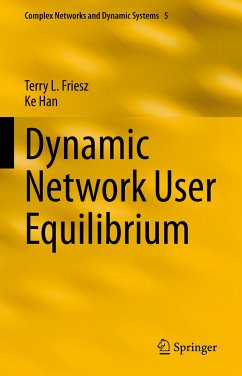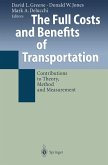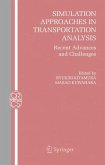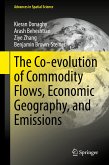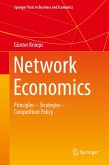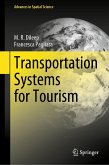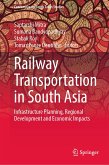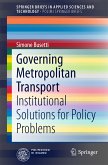In particular, the authors show that dynamic network loading with spillback of queues into upstream arcs may be formulated as a differential algebraic equation system. They demonstrate how the dynamic network loading problem and the dynamic traffic user equilibrium problem may be solved simultaneously rather than sequentially, as well as how the first-in-first-out queue discipline may be maintained for each when Lighthill-Whitham-Richardson traffic flow theory is used. A number of recent and new extensions of the DVI-based theory of DUE and corresponding examples are presented and discussed. Relevant mathematical background material is provided to make the book as accessible as possible.
Dieser Download kann aus rechtlichen Gründen nur mit Rechnungsadresse in A, B, BG, CY, CZ, D, DK, EW, E, FIN, F, GR, HR, H, IRL, I, LT, L, LR, M, NL, PL, P, R, S, SLO, SK ausgeliefert werden.

